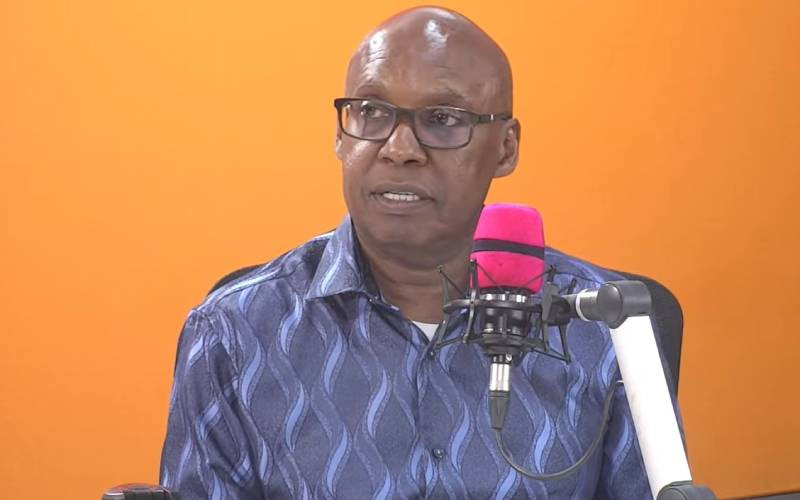
Businessman Jimi Wanjigi has accused President William Ruto’s administration of ignoring growing protests and fearing a loss of control, warning that 2024 anti-Finance Bill demonstrations marked a political awakening the government fails to understand.
Speaking on Spice FM on Tuesday, July 1, Wanjigi said the protests were not only about tax proposals but deep frustrations over corruption, economic hardship and exclusion.
“The game has changed and they don’t get it,” Wanjigi noted, adding, “We have never seen this country rise up in economy ever.”
He said Kenyans now face threats from both poverty and police brutality.
“We are dying … if you are not dying economically you are dying with a bullet,” Wanjigi observed.
His remarks came after Boniface Kariuki, a twenty-two-year-old mask vendor shot at point-blank range by police during a protest, died on Monday, June 30 at Kenyatta National Hospital (KNH).
Wanjigi argued the government clings to outdated power structures and ignores a shifting political mood in Kenya.
“It’s not a question about 2027. It has changed. The political formation that was there tried to rigidify itself and a year on it hasn’t changed. They haven’t changed. They are still resorting to killing and maiming,” Wanjigi explained.
“The death of a finance bill is a motion of no confidence.”
He criticised the government’s attempts to label protests as tribal or political distractions.
“They postpone the problem and sweep the problem under the rug and if people come out try and politicise it. Try and say it’s not about paying it’s political this or tribe this or it’s that person,” Wanjigi noted.
He said past constitutional changes in 1969 were designed to suppress democracy and control citizens.
“The Constitution was amended and consolidated in 1969 to embed dictatorship. What was meant to serve the people was turned into a tool for control,” Wanjigi explained.
Wanjigi claimed the government and international lenders are collaborating to burden Kenyans with loans that offer no benefit to citizens.
“This government along with those funding these debts are collaborators,” Wanjigi argued.
“Let those who took the loans be the ones to pay them because Kenyans are not benefiting from that money.”
He linked Ruto to the current debt crisis, saying he played a key role in creating “odious debt” while serving as Deputy President in the Jubilee administration.
“President Ruto was part of creating the odious debt during the Uhuru administration; he was in charge of the finance docket,” Wanjigi observed.